
An infection preventionist leader shares strategies for navigating overwhelming workloads, recruiting support, and communicating effectively with management while addressing burnout in an understaffed environment.

An infection preventionist leader shares strategies for navigating overwhelming workloads, recruiting support, and communicating effectively with management while addressing burnout in an understaffed environment.

Communal dining in LTC facilities enhances social interaction and nutrition but requires infection prevention measures to protect residents from risks like gastrointestinal and respiratory infections.
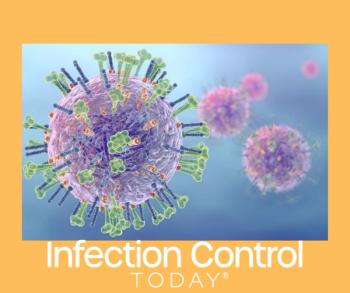
Bug of the Month helps educate readers about existing and emerging pathogens of clinical importance in health care facilities today.
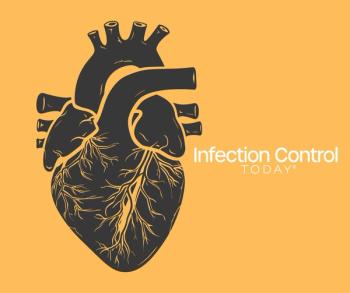
Transplants are a crucial yet complex part of acute care. They involve various organs and tissues, necessitating robust infection prevention programs and compliance with strict regulatory standards.
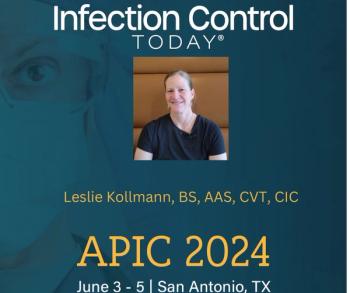
Leslie Kollmann, BS, CVT, CIC, speaks with Infection Control Today about veterinary infection prevention at the APIC Conference and Exposition held in San Antonio, Texas, from June 3 to 5, 2024.

Negative perceptions of safety climate among nurses are linked to reduced adherence to standard precautions, highlighting the need for targeted interventions to improve patient safety culture.
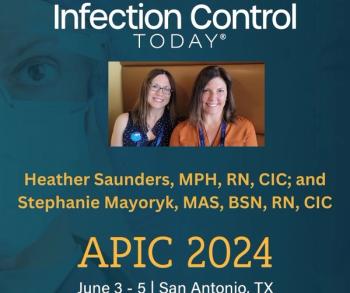
Infection preventionists can now streamline policy management with APIC’s PolicyPro, a subscription-based platform offering customizable, evidence-based IPC policies for health care facilities.
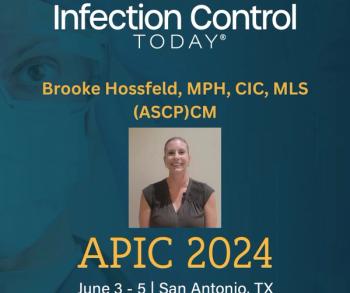
Brooke Hossfeld MPH, CIC, MLS (ASCP)CM presented the need for standardized infection prevention protocols across health care settings, addressing challenges from retiring workers to HAIs infections in outpatient facilities at APIC24.
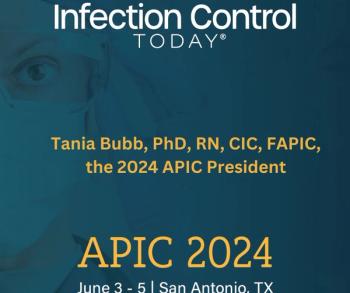
Infection Control Today sat down with Tania Bubb, PhD, RN, CIC, FAPIC, the president of the 2024 Association for Professionals in Infection Control and Epidemiology.
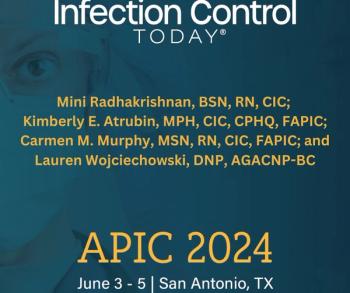
Tampa General Hospital's ECMO-specific infection prevention protocol eradicated bloodstream infections, reducing rates from 36% to 0%, demonstrating the effectiveness of tailored infection control measures in high-risk patients.
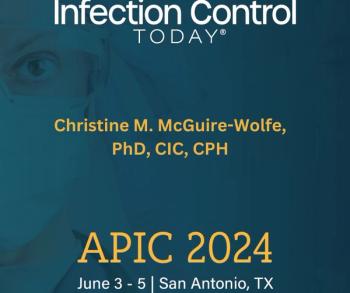
The ICER Collaborative addresses IPC gaps for EMS and firefighters, enhancing infection control through tailored training, advisory boards, and interagency collaboration based on year-1 findings as presented at APIC24.
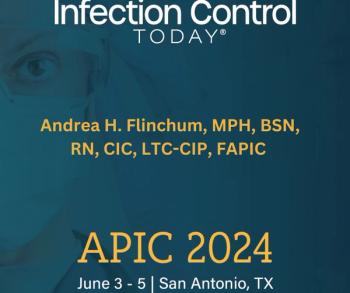
Andrea Flinchum, 2024 president of Certification Board of Infection Control and Epidemiology, INC (CBIC) explains the AL-CIP Certification at APIC Annual Conference in San Antonio, Texas.
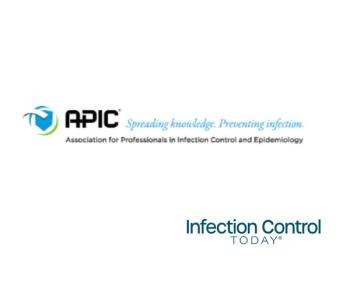
IPs discuss APIC's white paper, which highlights IPs frustrations with outdated and unclear medical device IFUs and the challenges they face.

At HSPA 2024, Lila Price, CRCST, CER, CHL, and Dannie O. Smith, III, BSc, CSPDT, CRCST, CHL, CIS, CER, emphasized accurate instrument labeling and demonstrated a game to improve communication between the operating room and sterile processing departments.
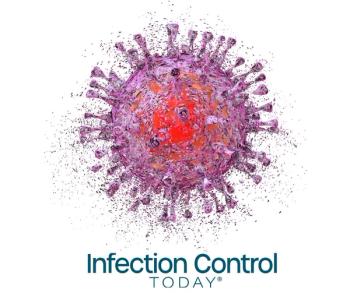
Hadassah Medical Organization's pooled saliva testing for newborns effectively screens for congenital cytomegalovirus, identifying asymptomatic cases and potentially reducing severe cognitive and auditory problems globally.

On May 16, 2024, Association for Professionals in Infection Control and Epidemiology (APIC) published its recommendations in a report on updating medical device instructions for use (IFUs).

Certification in infection prevention and control is essential for career growth, higher salaries, and improved patient outcomes. Learn why certification matters from Shazia Irum, MSC, MBA, RN, CIC, CPHQ, CBIC Ambassador in Saudi Arabia.
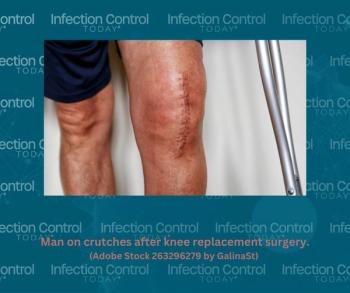
Systematic review identifies a 3.0% prevalence of surgical site infections in knee surgery patients, with factors like diabetes and tobacco contributing. Tailored interventions are crucial.
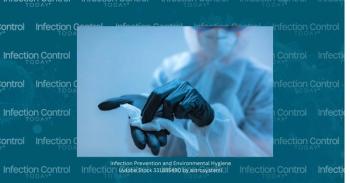
Preventable health care-associated infections (pHAIs) cost US health care facilities up to $123 million per day.